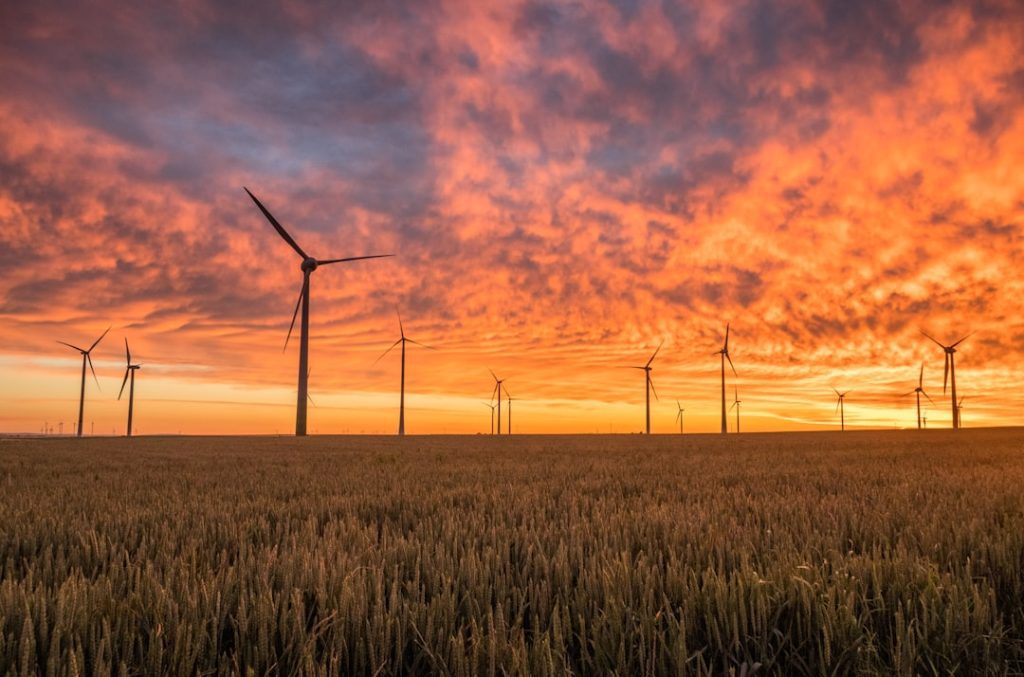Clean energy refers to energy sources that have minimal or no negative impact on the environment. It includes renewable energy sources such as solar, wind, hydro, and geothermal power. Clean energy is of utmost importance in Kabul, the capital city of Afghanistan, as it can help address the energy crisis and reduce the country’s dependence on fossil fuels.
The need for clean energy in Kabul
Currently, Kabul faces a severe energy crisis. The city relies heavily on traditional energy sources such as coal, diesel, and wood for cooking and heating purposes. This reliance on traditional energy sources has several negative impacts. Firstly, it contributes to air pollution, leading to respiratory diseases and other health issues among the population. Secondly, it leads to deforestation as trees are cut down for firewood. Lastly, it exacerbates climate change due to the emission of greenhouse gases.
Challenges facing clean energy adoption in Kabul
Despite the need for clean energy in Kabul, there are several challenges that hinder its adoption. One major challenge is the lack of infrastructure. Many areas in Kabul do not have access to electricity grids, making it difficult to implement clean energy solutions. Additionally, there is a lack of funding for clean energy projects. The government and international organizations need to invest more in clean energy infrastructure and provide financial support to promote its adoption.
Government policies supporting clean energy in Kabul
| Policy | Description | Impact |
|---|---|---|
| Feed-in Tariff | A policy that guarantees a fixed price for renewable energy fed into the grid. | Encourages investment in clean energy and reduces reliance on fossil fuels. |
| Net Metering | A policy that allows households and businesses to sell excess renewable energy back to the grid. | Encourages the adoption of rooftop solar and reduces energy bills. |
| Renewable Portfolio Standard | A policy that requires a certain percentage of energy to come from renewable sources. | Encourages the development of renewable energy projects and reduces greenhouse gas emissions. |
| Green Bonds | A policy that allows investors to finance clean energy projects. | Provides funding for renewable energy projects and creates green jobs. |
The Afghan government has recognized the importance of clean energy and has implemented several policies to promote its adoption in Kabul. One such policy is the National Renewable Energy Policy, which aims to increase the share of renewable energy in the country’s total energy mix. The government also provides incentives such as tax breaks and subsidies for individuals and businesses that invest in clean energy projects.
The role of NGOs in advocating for clean energy in Kabul
Non-governmental organizations (NGOs) play a crucial role in advocating for clean energy in Kabul. They raise awareness about the benefits of clean energy and work towards creating an enabling environment for its adoption. NGOs also provide technical assistance and training to local communities, helping them implement clean energy solutions. Their advocacy efforts have been instrumental in promoting clean energy in Kabul.
The benefits of clean energy in Kabul

Clean energy has numerous benefits for Kabul. Firstly, it helps reduce air pollution, improving the overall air quality and reducing health risks. This is particularly important in a city like Kabul, where air pollution levels are alarmingly high. Secondly, clean energy sources are renewable and sustainable, ensuring a long-term and reliable energy supply. Lastly, clean energy can stimulate economic growth by creating job opportunities in the renewable energy sector.
Success stories of clean energy adoption in Kabul
There have been several successful clean energy projects in Kabul that serve as examples of the potential of clean energy. One such project is the installation of solar panels on rooftops to generate electricity for households and businesses. This has not only provided access to electricity for those who previously had none but has also reduced their reliance on traditional energy sources. Another success story is the establishment of wind farms on the outskirts of Kabul, which have significantly contributed to the city’s energy supply.
The future of clean energy in Kabul
The future of clean energy in Kabul looks promising. The government has set ambitious goals to increase the share of renewable energy in the country’s total energy mix. There are plans to expand solar and wind power projects, as well as explore other renewable energy sources such as hydro and geothermal power. With the right investments and policies in place, Kabul has the potential to become a leader in clean energy adoption.
Opportunities for investment in clean energy in Kabul
There are several investment opportunities in clean energy in Kabul. Investors can contribute to the development of solar and wind power projects, as well as invest in research and development of new clean energy technologies. Additionally, there is a need for investment in clean energy infrastructure, such as electricity grids and storage systems. Investing in clean energy in Kabul not only has the potential for financial returns but also contributes to sustainable development and environmental protection.
The importance of advocating for clean energy in Kabul
In conclusion, advocating for clean energy in Kabul is of utmost importance for a sustainable future. The city faces a severe energy crisis and relies heavily on traditional energy sources that have negative impacts on the environment and public health. However, with the right policies, investments, and advocacy efforts, Kabul has the potential to transition to a clean energy future. It is crucial for the government, NGOs, and international organizations to work together to promote clean energy adoption and create a greener and healthier Kabul.



